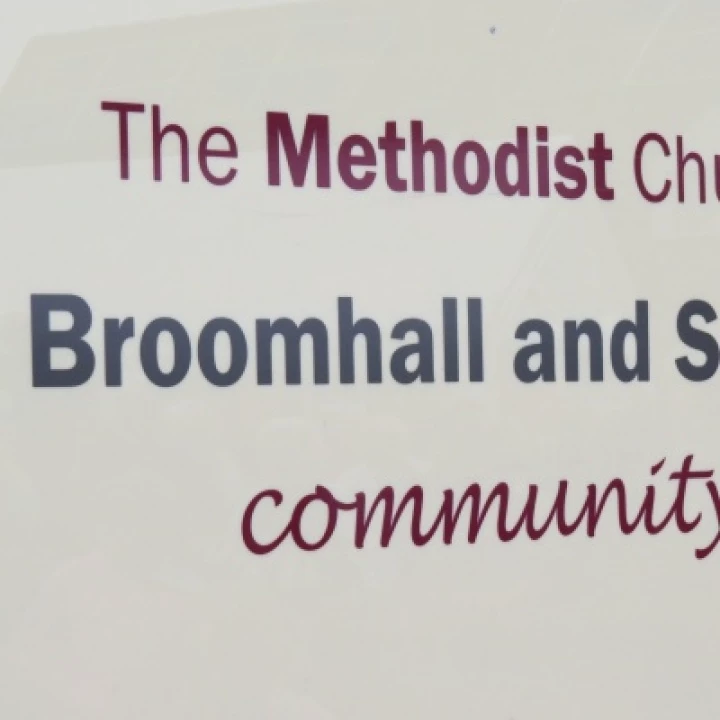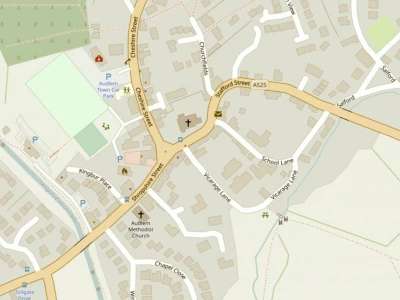







Prudence Crandall
Prudence Crandall was born to a Quaker family, and as Quakers believed in equal education, regardless of gender, she attended school and studied subjects such as arithmetic, Latin and the sciences.
In the autumn of 1831, Prudence Crandall returned her birth place and opened a private girl's academy, where she taught the daughters of many of the town's wealthy families. The school was soon ranked as one of the best in the state.
At that time, all children in Connecticut received a free basic education but no further education was available to black children. Crandall became aware of this and in the autumn of 1832 when Sarah Harris, an African-American teenager, asked Crandall if she could attend the Canterbury Female Boarding School Crandall said yes. When word got out that there was a black girl attending the Canterbury School, many townspeople objected and wanted her dismissed, but Crandall refused. Parents then threatened to withdraw their daughters if Harris remained in the school.
Prudence Crandall realised she must find another way to keep the school open. In early 1833, she met with prominent abolitionist William Lloyd Garrison and they decided to reopen the academy with only African American students. In late February 1833, she dismissed her remaining white students. Prudence Crandall's excitement and sense of accomplishment at running a school to help young black women was short-lived. She was immediately ostracised by her neighbours, and criticised by her community. Still, the "School for Young Ladies and Little Misses of Color" opened with only three students on April 1, 1833 but enrollment soon rose to 24 students.
Lacking a legal means to prevent Prudence Crandall from opening her school, in 1833 a local politician pushed legislation through the Connecticut Assembly making it illegal for African American students from outside the state to attend a school in Connecticut without local permission. Convinced the Assembly's action was neither morally just nor constitutionally correct, Crandall ignored the law and continued to recruit and teach her students until her arrest on June 27, 1833.
The Black Law and Crandall's resistence to it sparked a year-long debate among New Englanders on the issues of abolition and colonisation and soon all of America knew of Canterbury and Prudence Crandall. Leaders in the abolitionist movement helped Crandall recruit students for her school, gave her support, and provided for her financially.
Throughout her life, Prudence Crandall became involved in the good causes, such as temperance and women's suffrage. In 1883, Mark Twain helped obtain a $400 a year pension for Prudence Crandall from the Connecticut Assembly. One hundred and twelve citizens of Canterbury had signed a petition requesting the pension and said they were ashamed of how they had treated Prudence.
Born 3rd September 1803 in Hopkinton, Rhode Island, United States
Died 28th January 1890 in Kansas, United States
I hope to live long enough to see a college built on this farm, into which can be admitted all the classes of the human family, without regard to sex or colour...
This article is from our news archive. As a result pictures or videos originally associated with it may have been removed and some of the content may no longer be accurate or relevant.
Get In Touch
AudlemOnline is powered by our active community.
Please send us your news and views using the button below:
Email: editor@audlem.org


